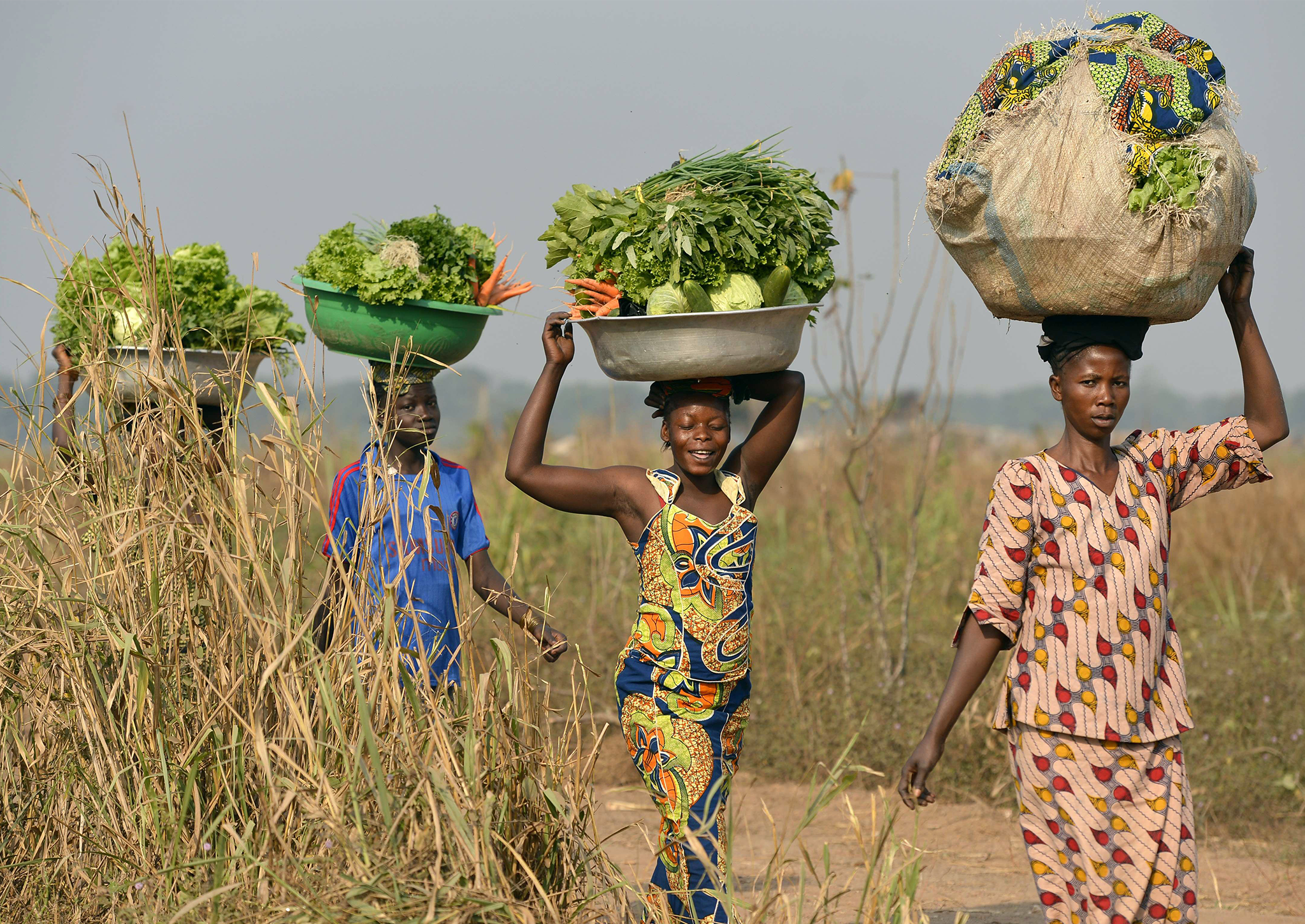International Women's Day: Africa's women need to believe in themselves and start leading the way
Women already account for nearly 70 per cent of Africa's agricultural workforce and produce around 90 per cent of our food

Empowerment of women in Africa is critical. I am a firm believer of the urgent need to have more African women in leadership positions. This is not only essential for their own personal recognition and self worth but for the development of our continent as a whole.
When we open our newspapers, turn on our screens, attend our conferences or look at high level management, we must ask ourselves questions: where is this African woman? Where is the young woman of today, who, in less than 10 years, will give birth to and nurture over 25 per cent of the world population?
Important as she is to our households, to our businesses, to our cultures, to our arts and to our sports, we do not see her enough. We do not hear her enough. We do not read of her enough.
This problem is not new. Currently, across the African continent, women hold but a little over 20 per cent of all parliamentary seats. It is my distinct opinion that this is not sufficient political visibility or representation. While our current politicians, reinforced by a blinkered media, regard themselves as legitimate representatives for hundreds of millions of women, I call this to immediate attention and debate.
This is not to say that progress has not been made. We have reasons to be optimistic. In fact a number of examples suggest that Africa has made progress; we are taking strides towards the empowerment of women.
Joyce Banda, Ellen Johnson-Sirleaf, Catherine Samba-Panza have all been elected President by their fellow citizens. In Gabon, it is a woman – the President of the Senate – who facilitated the peaceful transition following the passing of President Omar Bongo in 2009.
It is a woman who chairs the Constitutional Court. It is a woman who was elected Mayor of our capital city, Libreville. It is also a woman, Madeleine Berre, who heads our business leaders’ union, in the manner of Miriem Bensalah-Chaqroun in Morocco. Women, including the Chief Prosecutor of the International Criminal Court Fatou Bensouda, or the Governor of the Botswana Central Bank Linah Mohohlo, manage major institutions throughout the continent. In Namibia, half the members of Parliament are women. Ministers of Foreign Affairs, Finance, the Interior, and Labour, are women.
Thanks to them, there is evidence that African women are capable of reaching the top.
Nevertheless, these success stories should not stray us from our objective of shared leadership and equal representation. We must collectively act to remove all obstacles standing in the way of African women’s global empowerment.
What African women are confronted with is a glass-ceiling. They already account for nearly 70 per cent of our agricultural workforce and produce around 90 per cent of our food. This makes them the first economic agent in Africa.
Today, they are the ones who manage the continent. They bring families together. They hold the household’s finances together. They raise the children and transmit value and culture systems. They advise their husbands.
But paradoxically, most key opinion leaders largely ignore the voices of Africa’s women, who are prevented from claiming what they are entitled to. As seen, Africa relies on its women to grow and prosper and it is therefore legitimate to ask where these female journalists, entrepreneurs and politicians are. The current generation cannot continue in an environment that does not provide women with an equal position.
In 2015, it is now urgent to recognise and to rightly value the leadership role of African women.
Women’s role in the economic and public life of our nations, in turn boosts economic growth, good governance across both the local and the international scale of decision-making. Hence it is our duty to value African women’s projects.
At the Sylvia Bongo Ondimba Foundation , we are committed to improve the lives of thousands of women and families, most importantly mothers and widows. For all the Gabonese women, our mission is to consolidate the role they already play within family structures by supporting their rights and encouraging them to take responsibility for their own success. Therefore they can become true development partners of our country.
Since 2014, I have also initiated our program "Gabonese women and Leadership" which is dedicated to supporting the empowerment of women in Gabon. Through the implementation of mentoring relations, we allow generations to share experiences and foster positive synergies.
My immediate wish is to have a critical look at what we can concretely improve in terms of women’s rights in Gabon. Their civil rights and their economic power will combat violence and discrimination. Over the next months, this is our priority.
In Gabon, I will be working throughout the year to place this at the top of the political agenda. The media, the arts, the sports and NGO industries as well as business communities must also make it an urgent priority. This empowerment process has to be collectively institutionalised.
Finally, it has to be the priority of African women: they must believe in themselves and their leadership capacity. We must overcome cultural obstacles and personal fears.
Let the world be ready today and in years to come, to welcome more and more resolute women who will be determined leaders. They are the foundation and they are future of our continent.
Sylvia Bongo Ondimba is the First Lady of Gabon

Join our commenting forum
Join thought-provoking conversations, follow other Independent readers and see their replies